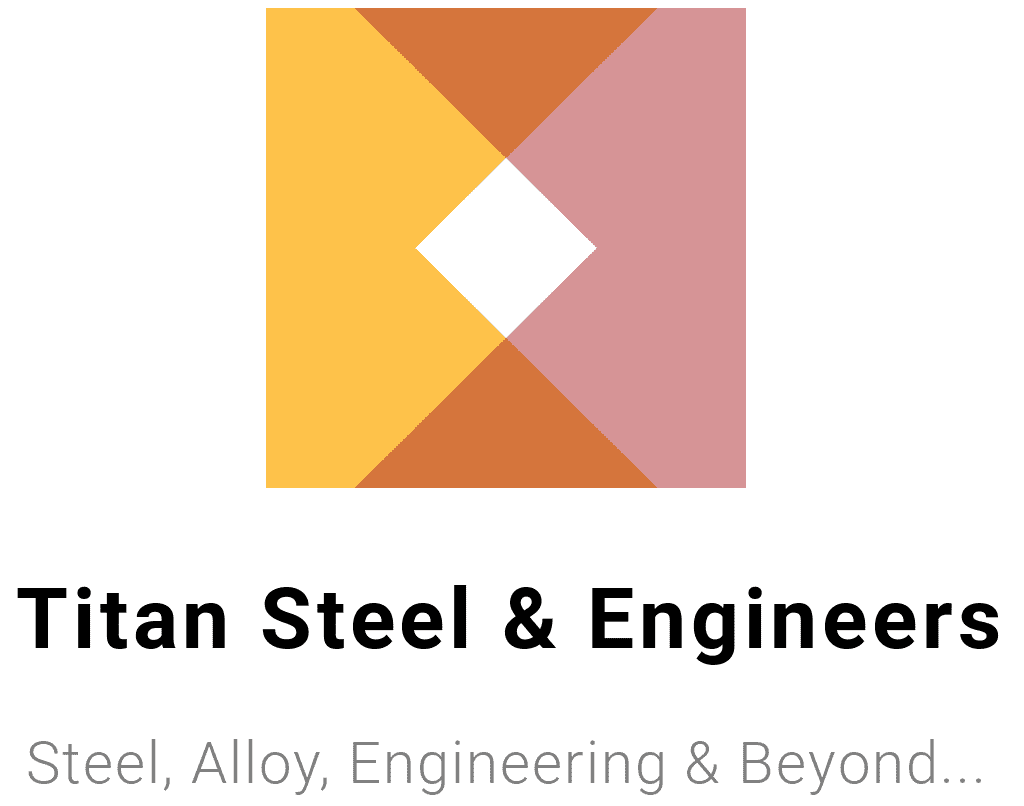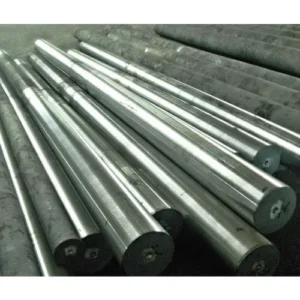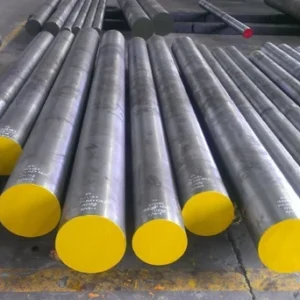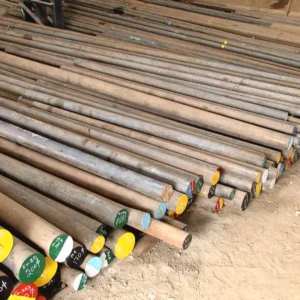Description
P20+S Grade Overview:
P20+S is a high alloy tool steel that offers excellent cutting properties and is commonly used in plastic mold, injection molding, and die mold applications. It is typically supplied in a pre-hardened condition, with a hardness ranging between 28-34 HRC. Known for its versatility, P20+S is suitable for applications requiring good machinability and moderate strength. hubofSteel Corporation provides P20+S tool steel, meeting various customer specifications.
Applications of P20+S Steel:
P20+S tool steel is ideal for mold production and improving machining performance. It is widely used in:
- Support and injection molds
- Mold holders
- Zinc die-casting molds
- Shafts and wear-resistant belts Its high strength makes it a versatile option for multiple applications requiring durability.
Equivalent Grades of P20+S Steel:
P20+S is categorized as a high alloy chrome cold work tool steel. The equivalent standards for P20+S include:
- BS: BP20S
- ASTM: A681
- GB: 3Cr2MoS
- DIN: 40CrMnMoS8-6
- W-Nr: 1.2312
- UNS: T51620S
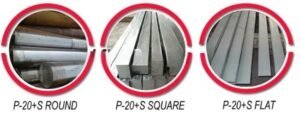
Chemical Composition of P20+S Steel:
| Element | Composition (%) |
|---|---|
| Carbon (C) | 0.35 – 0.45 |
| Silicon (Si) | 0.30 – 0.50 |
| Manganese (Mn) | 1.40 – 1.60 |
| Phosphorus (P) | Max 0.030 |
| Sulfur (S) | 0.05 – 0.10 |
| Chromium (Cr) | 1.80 – 2.00 |
| Molybdenum (Mo) | 0.15 – 0.25 |
Mechanical Properties of P20+S Steel:
| Property | Value |
|---|---|
| Poisson’s Ratio | 0.27 – 0.30 |
| Izod Impact (unnotched) | 28.0 J |
| Elastic Modulus | 190 – 210 GPa |
Hardness of P20+S:
P20+S steel exhibits hardness in the range of 28-34 HRC and is not recommended for applications requiring a fine polished finish.
Heat Treatment of P20+S Steel:
The heat treatment process for P20+S involves controlled heating and cooling, varying based on the shape and size of the steel component. A heat treatment specialist should be consulted for specific instructions:
- Hardening: Heat between 830-870°C, followed by oil quenching.
- Tempering: Heat to the desired tempering temperature, then cool in air.
Physical Properties of P20+S Steel:
| Property | Value |
|---|---|
| Density | 7.85 g/cm³ |
Thermal Properties of P20+S Steel:
| Property | Value |
|---|---|
| Thermal Expansion (20-100°C) | 12 x 10⁻⁶/°C |
Forging Properties of P20+S Steel:
For forging, P20+S should be preheated slowly to 1050°C, followed by forging. Ensure the forging temperature does not drop below 930°C for optimal results.
Stress Relieving of P20+S:
If the P20+S steel is heavily machined, it is recommended to stabilize the material by relieving machining stresses. This can be done by heating to 460-500°C, followed by cooling in air.
Normalizing of P20+S:
P20+S is normalized by heating to 900°C, followed by air cooling.
Annealing of P20+S Steel:
To anneal P20+S, heat the material between 710-740°C, ensuring thorough heating. Allow the material to cool slowly in the furnace for optimal results.
Machinability of P20+S Steel:
P20+S offers a machinability rate of approximately 60-65% compared to 1% carbon steel, making it relatively easy to machine while maintaining adequate strength.
Welding of P20+S Steel:
P20+S has medium carbon content (around 0.35%) and is supplied in a quenched and tempered condition with a hardness of 30-32 HRC. Welding repairs can be challenging, often requiring post-weld heat treatment for tempering and stress relief. This can lead to dimensional instability and necessitate additional machining, potentially reducing productivity.
Supply Cities:
Mumbai Ahmedabad, Amaravathi, Ambattur, Bangalore, Belgaum, Chennai, Chittoor, Coimbatore, Dindigul, Mysore, Nellore, Hyderabad, Kochi, Mangalore, Tirupur, Tuticorin, Madurai, Andhra Pradesh, Karnataka, Puducherry, Kerala, Tamil Nadu, Telangana, Visakhapatnam, Kochi, Kerala, Hubli-Dharwad, Karnataka, Ghaziabad Kolkata.

